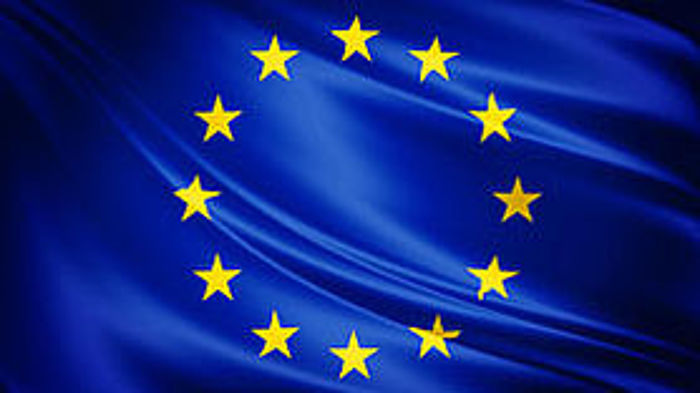
European Commission presents new European Innovation Agenda to spearhead the new innovation wave

The New European Innovation Agenda is designed to position Europe as a leading player on the global innovation scene. Europe wants to be the place where the best talent work hand in hand with the best companies and where deep tech innovation thrives and creates breakthrough innovative solutions across the continent that will inspire the world.
By leading on innovation, in particular on the new wave of deep-tech innovation requiring breakthrough R&D and large capital investment, Europe will reinforce its central role in shaping the green and digital transitions. Deep tech innovation will reinforce Europe's technological leadership and generate innovative solutions to pressing societal challenges, such as climate change and cyberthreats. Such innovations are likely to irrigate and benefit all sectors from renewable energy to agri-tech, from construction to mobility and health, thereby tackling food security, reducing energy dependency, improving people's health and making our economies more competitive. The severe consequences of Russia's war of aggression has given these issues even greater urgency and prompted strategic policy changes to ensure the EU's prosperity and security.
Margrethe Vestager, Executive Vice-President for a Europe fit for the Digital Age, said: “We need to boost our innovation ecosystems to develop human-centered technologies. This new Innovation Agenda builds on the significant work done already on innovation in the last years and will help us accelerate our digital and green transition. The Agenda is rooted in the digital, physical and biological spheres and will enable us tackle better burning concerns, such as breaking the dependence from fossil fuels or securing our food supply in a sustainable way.”
Mariya Gabriel, Commissioner for Innovation, Research, Culture, Education and Youth, said: “The new European Innovation Agenda will ensure innovators, start-ups and scale-ups, their innovative businesses to become global innovation leaders. For more than a year we have consulted the stakeholders, such as innovation ecosystem leaders, startups, unicorns, women founders, women working in the capital venture, universities, and businesses. Together, we will make Europe the global powerhouse for deep-tech innovations and startups.”
Building on Europeans' entrepreneurial mindset, scientific excellence, the strength of the single market and democratic societies, the New Innovation Agenda will in particular:
- Improve access to finance for European start-ups and scale-ups, for example, by mobilising untapped sources of private capital and simplifying listing rules;
- Improve the conditions to allow innovators to experiment with new ideas through regulatory sandboxes;
- Help create “regional innovation valleys” that will strengthen and better connect innovation players through Europe, including in regions lagging behind;
- Attract and retain talent in Europe, for example by training 1 million deep tech talents, increasing support for women innovators and innovating with start-up employees' stock options;
- Improve the policy framework through clearer terminology, indicators and data sets, as well as policy support to Member States.
The New European Innovation Agenda sets out 25 dedicated actions under five flagships:
- Funding Scale-Ups will mobilise institutional and other private investors in Europe to invest in, and benefit from the scaling of European deep-tech start-ups.
- Enabling innovation through experimentation spaces and public procurement will facilitate innovation through improved framework conditions including experimental approaches to regulation (e.g. regulatory sandboxes, test beds, living labs and innovation procurement).
- Accelerating and strengthening innovation in European Innovation Ecosystems across the EU will support the creation of regional innovation valleys and help Member States and regions direct at least EUR 10 billion to concrete interregional innovation projects, including in deep-tech innovation for key EU priorities. It will also support Member States to foster innovation in all regions through the integrated use of cohesion policy and Horizon Europe instruments.
- Fostering, attracting and retaining deep tech talents will ensure the development and flow of essential deep tech talents in and to the EU through a series of initiatives including an innovation intern scheme for startups and scale-ups, an EU talent pool to help startups and innovative businesses find non-EU talent, a women entrepreneurship and leadership scheme and a pioneering work on startup employees' stock options.
- Improving policy making tools will be the key for development and use of robust, comparable data sets and a shared definitions (startups, scale-up) that can inform policies at all levels across the EU and for ensuring better policy coordination at the European level through the European Innovation Council Forum.
Building on the substantive work that have been done already to foster innovation in the EU, the New European Innovation Agenda aims to accelerate the development and scaling up of innovation across the Union through a coherent set of actions.
Further information can be found here.
Source: European Commission




